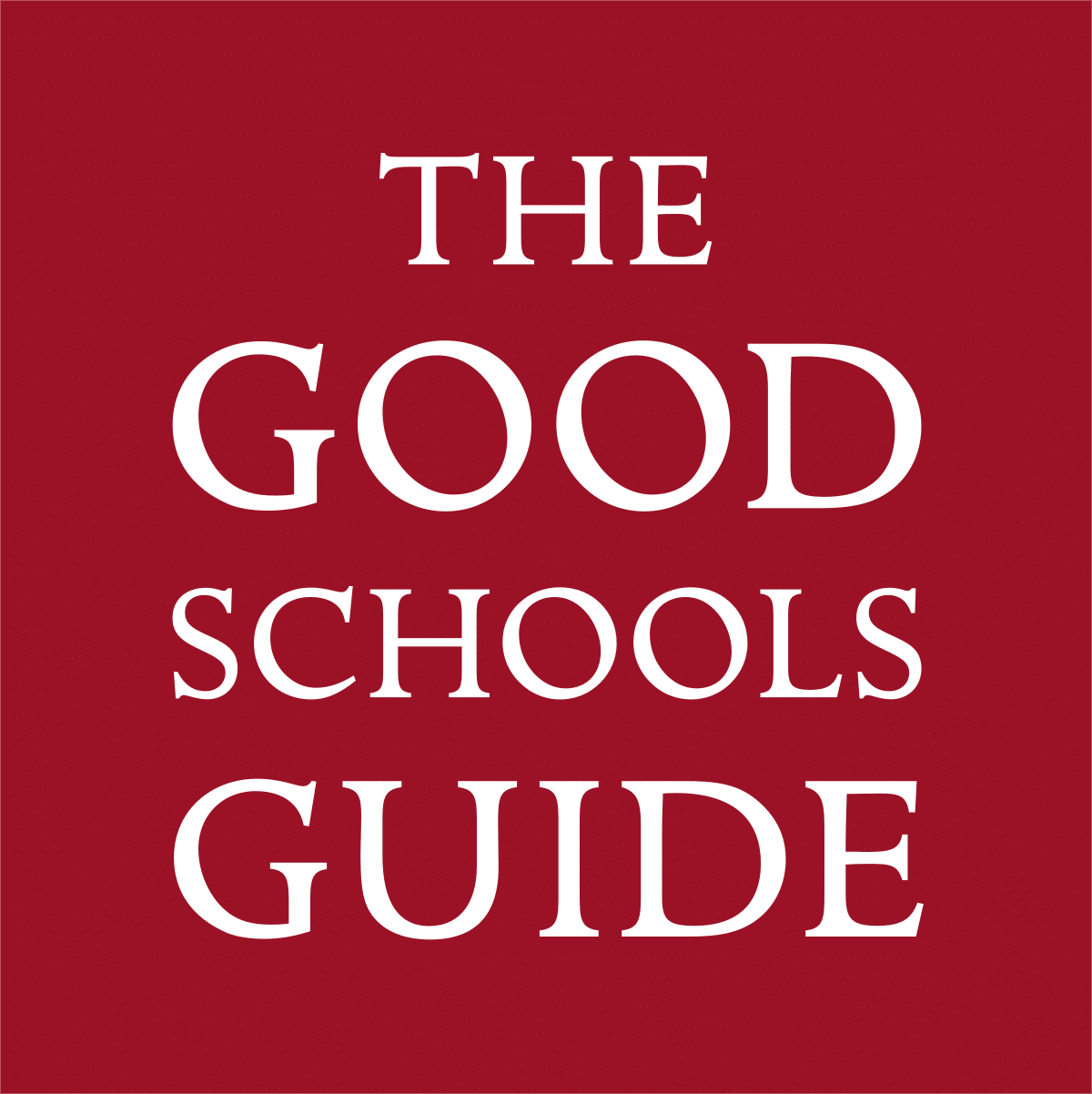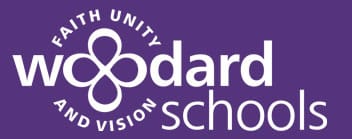Electives
All Lower Sixth pupils are enrolled in the elective programme – an innovative and exciting feature of our Sixth Form provision.
These electives sit alongside the established Extended Project Qualification (EPQ) and are variously designed to:
- support learning
- secure UCAS tariff points
- develop new skills and competencies
- extend the breadth of pupils’ thinking
Two 60-minute periods a week are dedicated to the elective programme and pupils will be expected to complete TWO from the following:
- Extended Project Qualification (EPQ)
- A long-course (24-week) elective
- A series of short-course (eight-week) electives
Extended Project Qualification (EPQ)
Designed to be fully driven by the pupils themselves, the EPQ encourages a more mature, self-directed approach to learning:
- Pupils select their own topic of study and conduct independent research to support their final submission.
- This final submission can take the form of a 5000-word written report or an artefact, such as a film, play script, lecture, exhibition or a piece of art.
- Upon completion of the EPQ, pupils present their projects to their peers and complete a reflective piece on their learning journey.
The EPQ is highly regarded by pupils, as it consolidates research and presentation skills. Additionally, it strengthens Sixth Form pupils’ UCAS applications and, in some cases, may result in reduced university offers.
This qualification sets pupils apart, equipping them for university-level study and improving their prospects of achieving a higher award in their undergraduate degree.
Long-Course Electives (24 lessons):
Spanish 4 Business
Get a taste of using Spanish in a work-based setting and a greater understanding and confidence in business and language communication skills.
- Accredited course at Level 2 or level 3 – with possible 16 UCAS points awarded (Level 3);
- Can count towards Gold Duke of Edinburgh Award (skills).
Short-Course Electives (8 lessons):
Oxbridge and Dental/Medical/Veterinary School Preparation
- For pupils considering applications for Oxbridge and/or Dental/Medical/Veterinary Schools, two elective courses will be available: one in the Michaelmas Term and another in the Midsummer Term.
- These sessions are designed to support your research into alternative courses and to help you prepare strong applications.
- For those planning to apply, the first course is compulsory, while the second is highly recommended. The second Midsummer Term course will place particular emphasis on personal statement writing and interview preparation.
Alternative Biology
This course will encompass elements such as infectious diseases, poisons and venoms, and the “Chemistry of Love”.
An Introduction to British Sign Language
Learn the basics of the British Sign Language course.
- Can count towards Gold Duke of Edinburgh Award (skills).
Applied Ethics
The field of applied ethics, as it appears today, emerged from debate surrounding rapid medical and technological advances in the early 1970s and is now established as a sub-discipline of moral philosophy.
This course will examine ethics beyond the realms of academic philosophical discourse, considering potential ethical issues in fields like business, information technology, law and medicine.
Beginners’ Mandarin
Consideration is given to the language and culture of the world’s most populous country.
Beginners’ Russian
Consideration is given to the language and culture of one the world’s most influential countries.
- It may be possible to sustain this course and extend it into a long-course option.
Building a Sustainable Future
This course will develop pupils’ understanding of the issues associated with sustaining our current expectations and way of life, whilst balancing them against planetary health. Pupils will work in groups to explore the major challenges facing civilisation right now; establishing the problem, exploring current research ideas and developing innovative solutions to each of the issues.
Gender and Art
An exploration of Western Art, examining how women have been depicted in their roles as creators and the reasons why they have been largely excluded from the traditional narrative of art history.
Latin American Cinema
An introduction into the masterpieces of Latin American cinema.
Public Speaking
Participants learn how to structure speeches and how to speak clearly, project their voice and engage an audience.
- It may be possible to continue this in the Lent and Midsummer Terms to complete a LAMDA qualification.
- LAMDA Grades 6, 7 and 8 earn UCAS tariff points and potentially lead to reduced University offers.
Sustainability: Five Ways to Save the Planet
This course will develop pupils’ understanding of the issues surrounding Earth’s planetary health and the need for us to build a sustainable future. Pupils will work in groups to explore five major challenges facing our planet right now, establishing the problem, exploring current research ideas and developing innovative solutions to each of the issues.
The Banned Book
This course looks at the concept of censorship, examining the ethics around literature and authority. We will explore why books have been seized from shelves and removed from public libraries and whether this is ever justifiable. Among the texts we will consider are Ray Bradbury’s “Fahrenheit 451” (1954), Maya Angelou’s “I Know Why the Caged Bird Sings” (1969) and Bret Easton Ellis’s “American Psycho” (1991).
Pupils will be exposed to the provocative and controversial, discussing issues surrounding, homosexuality, race, antisemitism and feminism.
The Evolution of Popular Music
This elective looks at iconic songs, developing critical listening skills, considering contemporary trends and the relationship of these songs with society, examining issues such as gender and race.
SIXTH FORM












